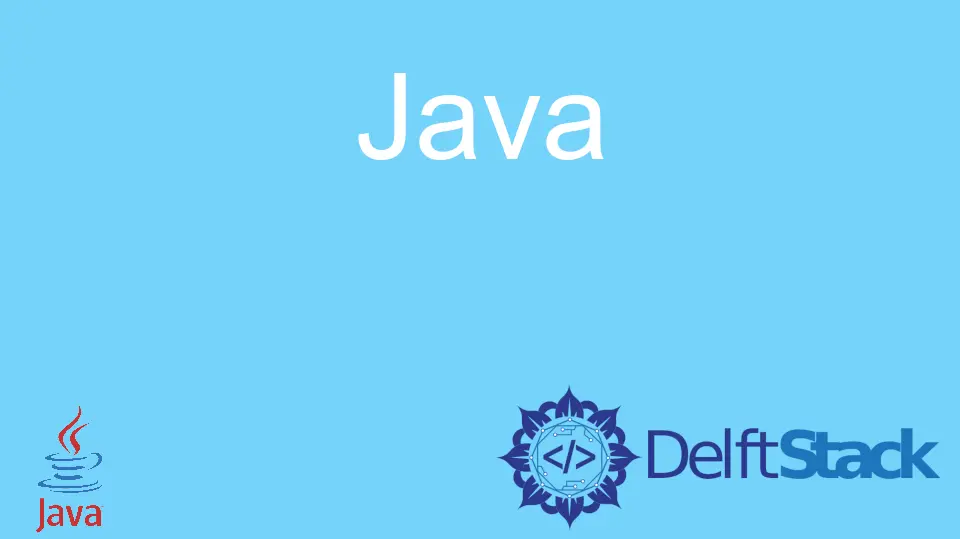How to Download Java Runtime Environment
- What is Java Runtime Environment?
- Downloading JRE via the Official Oracle Website
- Downloading JRE using Command Line
- Using Package Managers
- Conclusion
- FAQ

Java Runtime Environment (JRE) is essential for running Java applications on your computer. Whether you’re a developer or just someone who wants to run a Java-based application, knowing how to download and install JRE is crucial.
In this article, we will guide you through the process of downloading the Java Runtime Environment step by step. We will explore different methods, including using command-line tools for those who prefer a more technical approach. So, let’s dive in and get your Java environment set up in no time!
What is Java Runtime Environment?
Before we get into the downloading process, let’s briefly understand what Java Runtime Environment is. JRE is a part of the Java Development Kit (JDK) and is crucial for executing Java applications. It provides the necessary libraries, Java Virtual Machine (JVM), and other components to run Java applications. Without it, you won’t be able to run any Java-based software on your machine. Now that you have a basic understanding, let’s look at how to download JRE.
Downloading JRE via the Official Oracle Website
The most straightforward method to download the Java Runtime Environment is through the official Oracle website. This method is user-friendly and suitable for beginners. Here’s how you can do it:
- Go to the official Oracle JRE download page: Oracle JRE Download.
- Select the version of JRE you want to download. Make sure to choose the right version for your operating system (Windows, macOS, or Linux).
- Accept the license agreement.
- Click on the download link for your operating system.
- Once the download is complete, run the installer and follow the on-screen instructions to complete the installation.
This method is the most recommended as it ensures you are downloading the latest version of JRE directly from the source.
Downloading JRE using Command Line
For those who are comfortable using the command line, you can also download JRE using a few simple commands. This method is efficient, especially for developers or advanced users who prefer automation. Here’s how you can do it:
For Windows Users
Open Command Prompt and execute the following commands:
curl -O https://download.oracle.com/java/17/latest/jdk-17_windows-x64_bin.exe
Output:
Download complete
For macOS Users
Open Terminal and run:
curl -O https://download.oracle.com/java/17/latest/jdk-17_macos-x64_bin.dmg
Output:
Download complete
For Linux Users
Open Terminal and type:
wget https://download.oracle.com/java/17/latest/jdk-17_linux-x64_bin.tar.gz
Output:
Download complete
In these commands, we are using curl or wget to download the JRE installer directly from Oracle’s servers. Make sure to replace the URL with the latest version if necessary. After downloading, you can run the installer or extract the files as needed. This method is quick and ideal for users who want to automate their setup process.
Using Package Managers
Another efficient way to download and install JRE is by using package managers. This method is particularly useful for Linux users. Here’s how you can do it:
For Ubuntu/Debian-based Systems
Open your Terminal and type:
sudo apt update
sudo apt install default-jre
Output:
Installation complete
For Red Hat-based Systems
Use the following command in your Terminal:
sudo yum install java-1.8.0-openjdk
Output:
Installation complete
For macOS with Homebrew
If you are using macOS, you can also install JRE using Homebrew:
brew install --cask adoptopenjdk
Output:
Installation complete
Using package managers simplifies the installation process, as they handle dependencies and updates for you. This method is recommended for users who frequently work with Linux or macOS and prefer a streamlined approach.
Conclusion
Downloading Java Runtime Environment is a crucial step for anyone looking to run Java applications. Whether you choose to download it directly from the Oracle website, use command-line tools, or leverage package managers, each method has its advantages. By following the steps outlined in this article, you will be well on your way to setting up a robust Java environment. Now, you can enjoy all the benefits of Java applications seamlessly.
FAQ
- What is Java Runtime Environment?
Java Runtime Environment is a software package that allows you to run Java applications on your computer.
-
How do I check if JRE is installed on my system?
You can check the installation by opening the command prompt or terminal and typingjava -version. -
Can I download JRE for free?
Yes, JRE can be downloaded for free from the official Oracle website. -
Is JRE the same as JDK?
No, JRE is used for running Java applications, while JDK (Java Development Kit) is used for developing them. -
How often should I update JRE?
It is recommended to update JRE whenever a new version is released to ensure security and performance improvements.
Rashmi is a professional Software Developer with hands on over varied tech stack. She has been working on Java, Springboot, Microservices, Typescript, MySQL, Graphql and more. She loves to spread knowledge via her writings. She is keen taking up new things and adopt in her career.
LinkedIn